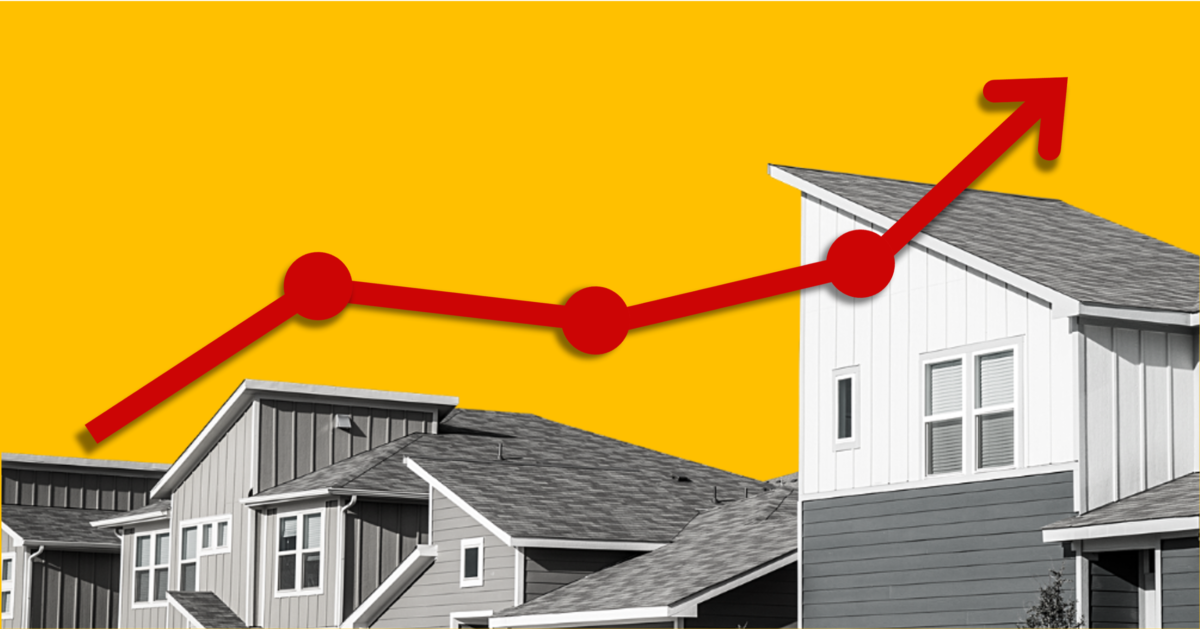
KEY POINTS:
- The City of Austin claims it is “unclear” if blanket upzoning can cause higher property taxes
- Travis County Chief Appraiser Marya Crigler undermined the city’s assertion during a council work session, maintaining that upzoning can lead to redevelopment and higher property valuations
- An internal city document backs up the chief tax appraiser’s comments, projecting that upzoning would more than double the average tax revenue of an acre of land
It’s been five years since the City of Austin rolled out CodeNEXT—the first of several plans designed to “densify” our community’s established neighborhoods—and local homeowners still don’t have a clear answer to one of our most pressing affordability questions:
Can blanket upzoning cause property taxes to rise?
City officials have long pled ignorance on the matter:
It is unclear whether proposed zoning changes would impact property taxes for single-family homes, positively or negatively.
— “What impact could the Land Development Code Revision have on property taxes?”
AustinTexas.gov, December 4, 2019
Don’t be fooled—City Hall is obscuring the obvious! Upzoning encourages redevelopment, and redevelopment nearly always leads to higher property valuations and taxes.
Properties are upzoned in order to make room for newer, bigger developments. That makes them attractive to land developers and investors, raising their values (a fact confirmed by this recent University of Texas study). Once redeveloped properties start to sell at higher prices, their tax valuations will climb—and assessments of nearby properties often follow, even if they haven’t been redeveloped in any way. Higher property taxes lead to rent hikes, forced sales, and the displacement of a neighborhood’s longtime residents.
Travis County Chief Appraiser Marya Crigler acknowledged this fact in 2017, when she was pressed on the matter by Austin City Council Member Alison Alter:
Alter: [O]nce the market gets going, if the market decides that those entitlements demand a greater sales price there could be a knock-on, domino effect if you have similar structures for that first sort of sale period, but that knock-on may or may not happen … And what I’m hearing from the discussion is from your perspective simply changing the zoning doesn’t change the property value, but it’s the market’s response to that change in the property value that will impact property values.
Crigler: That’s correct.
Two years later, Crigler made the same acknowledgment in an Austin Monitor interview about City Hall’s “transition zone” plan, a follow-up to the CodeNEXT rezoning initiative:
If it becomes apparent over time that a substantial number of single-family homes in transition zones are selling for more than single-family homes without those entitlements, Crigler said the district would likely try to determine why that is the case and potentially incorporate those sale prices into valuations of other homes within transition zones.
— “Chief Appraiser Says Market Will Determine Whether
Code Rewrite Changes Property Values”
Austin Monitor, December 4, 2019
If you dig deep enough, you’ll discover City of Austin officials have known the truth all along. In this 2018 document on CodeNEXT, municipal staff predicted that the plan would more than double property-tax collections for every rezoned acre:
Unfortunately, citywide upzonings like the one proposed by CodeNEXT aren’t the only threats facing local taxpayers—they also have to watch out for huge tax giveaways to profit-driven land developers.
One of those giveaways is in the works now: City staff recently proposed that the public foot the bill for $278 million in infrastructure upgrades for a massive new luxury development district planned for the South Central Waterfront. The area includes the current site of the Austin American-Statesman and surrounding properties, one of the most valuable tracts of land in our community.
That $278 million would otherwise be spent on city parks, sidewalks, libraries, and other public needs—and the city’s own studies show the developers would turn a healthy profit, with or without the handout.
The city council is scheduled to vote on the tax giveaway in early March. We’ll monitor the issue and dispel more myths about zoning and Austin’s land development code in the coming weeks. Stay tuned!
For a more detailed discussion, check out “MYTH: Blanket Upzoning Will Not Result in Higher Property Taxes,” available on Community Not Commodity’s Resources page.
